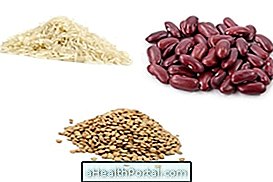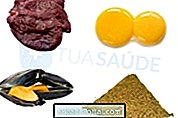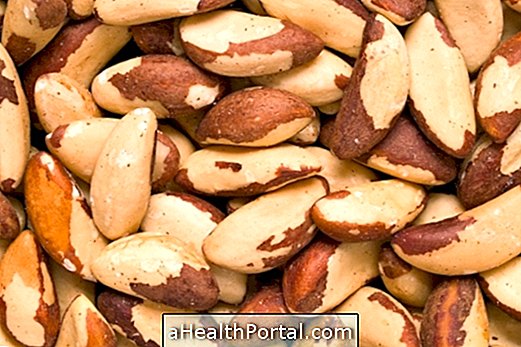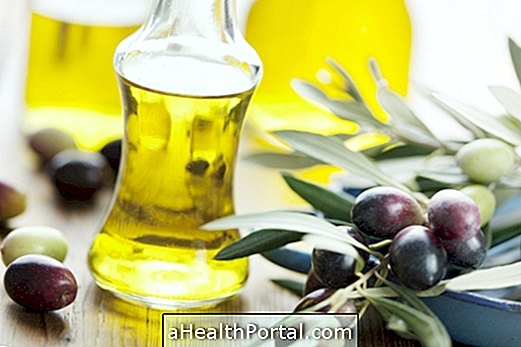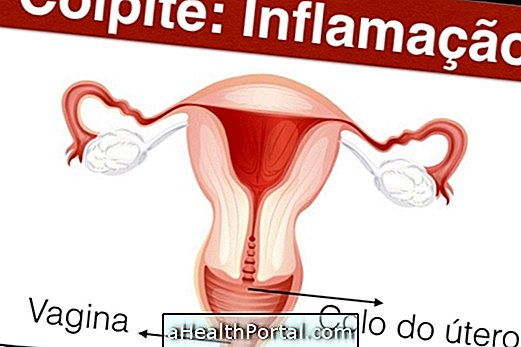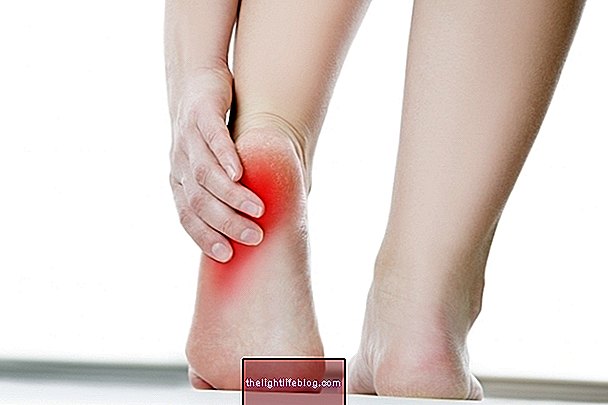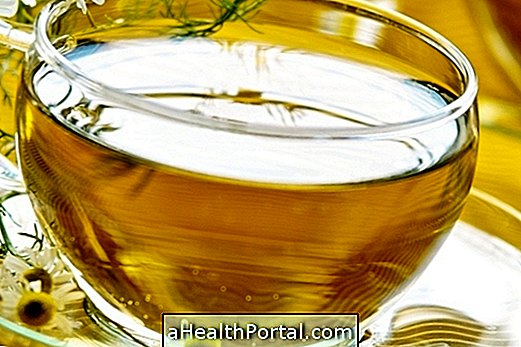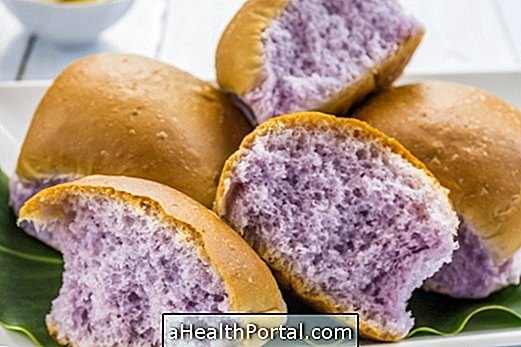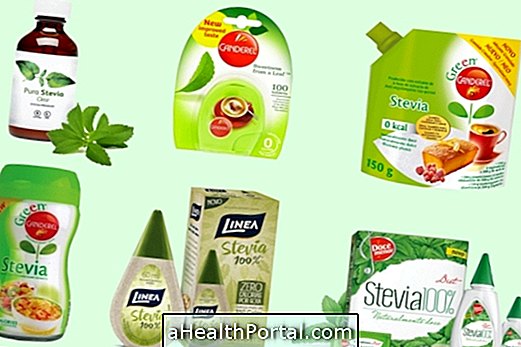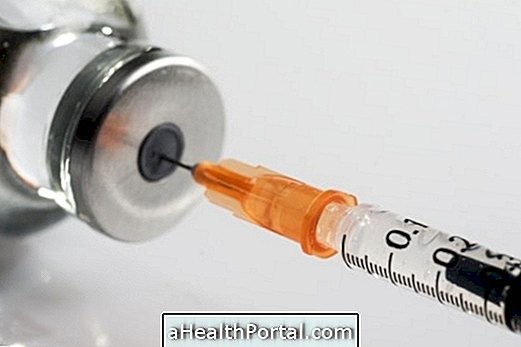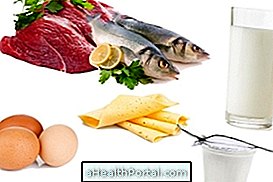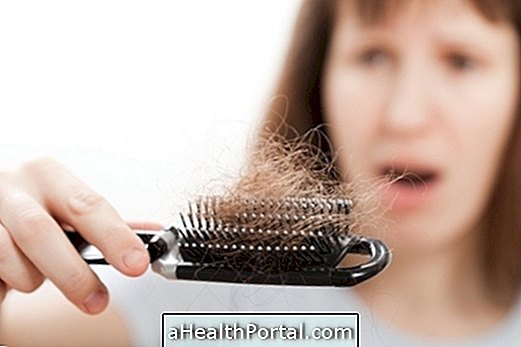Foods that cause gases like beans and cabbage have a high amount of fiber and carbohydrates that ferment a lot during digestion and therefore have a greater tendency to cause gases, especially stinky ones. However, intestinal intolerance to these foods is very personal, so not all people can have gas when eating the same meal.
Foods rich in fats and proteins, such as meats and nuts, are not fermented in the intestine and therefore produce less gas.
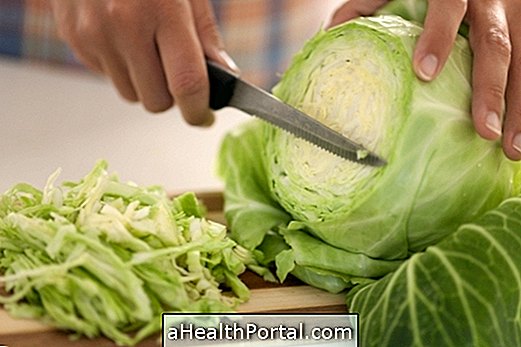
List of foods that cause gas
The main foods that can cause gas include:
- Legumes: peas, lentils, chickpeas, beans;
- Green vegetables: cabbage, broccoli, Brussels sprouts, cabbage;
- Foods rich in fructose: artichokes, onions, pears, wheat and soft drinks;
- Lactose, natural milk sugar;
- Foods rich in starch: corn, pasta and potatoes;
- Foods rich in soluble fiber: oat bran and fruits;
- Whole grains: brown rice, oatmeal and whole wheat flour;
- Sorbitol and xylitol, which are natural sweeteners;
- Eggs .
When you eat these foods, you may experience symptoms such as swollen belly, abdominal pain and flatulence. Foods that cause gas in the baby are the same as those listed above. When babies are being breastfed, it is often enough for the mother to decrease her intake of these foods to help reduce the gas and cramps in her children.

Worst combinations of food that cause gas
Some of the worst combinations that further stimulate the formation of gases are:
- Beans + cabbage;
- Brown rice + egg + broccoli salad;
- Milk + fruit + sweetener based on sorbitol or xylitol;
- Eggs + meat + sweet potatoes.
These combinations make the digestion slower, leaving the food undergoing fermentation for longer in the intestine, which will generate more gas. In addition, people who already suffer from constipation should also avoid these combinations because, in general, the slower the intestinal transit, the greater the production of flatulence.
How to fight gases naturally
To help fight the gas naturally, some easy tips that can be used are to avoid drinking liquids during meals, to speed up digestion, to take 1 natural yogurt a day to improve the intestinal flora, and to eat pineapple or dessert papaya as they are fruits that promote digestion.
In addition, teas like fennel, gentian and cardomomo also help to reduce the production of gases, relieving the sensation of intestinal swelling.
See other tips on how to improve gas with power by watching the following video:


